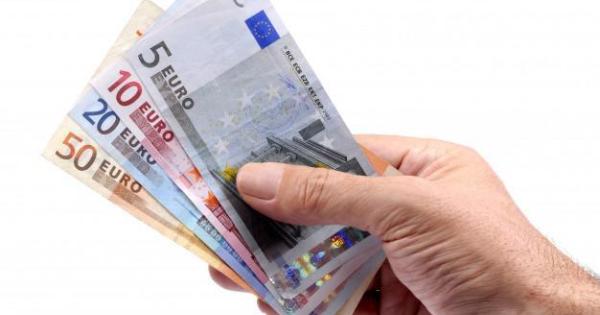Britons are being advised to carry a certain amount of cash when on holiday after the Amazon cloud crashed this week causing the failure of hundreds of financial services, websites and apps, causing chaos in shops and restaurants and even more serious was the blackout last April, when Spain was left in the dark, with the exception of the Balearics, but who knows what could happen next time.
Carrying cash on holiday is also beneficial for avoiding international transaction fees, making small purchases at cash-only vendors, and providing a reliable backup for emergencies when digital payments may not work. It also offers greater control over your spending, helping you stick to a budget.
Key benefits of carrying cash on holiday:
Emergency backup: Having cash is essential in case of power outages, system failures, or if your card is lost, stolen, or blocked due to a foreign transaction.
Avoiding bank fees: Many banks and ATMs charge hefty foreign transaction fees and withdrawal fees. By getting currency beforehand or using cash for most transactions, you can minimize these extra costs.
Convenience for small purchases: Cash is necessary for many street vendors, small shops, local markets, and public transport systems that may not accept cards.
Tipping: In many countries, cash tips are preferred and can be essential for service providers like tour guides, taxi drivers, and hotel staff.
Budgeting control: Physically seeing your cash decrease can help you stay more mindful of your spending and stick to a holiday budget.
Greater acceptance: While many places are becoming cashless, cash is still universally accepted, especially in rural areas or at smaller, independent businesses.
Potentially better deals: Some merchants may offer small discounts for cash payments, as they avoid the processing fees charged by credit card companies.
How to travel safely with cash:
Diversify your storage: Carry cash in different locations on your person, such as in your wallet, a money belt, and your hotel safe, so you aren’t at risk of losing it all at once.
Exchange money wisely: Avoid expensive airport currency exchange counters. Research reputable banks or bureaux de change before your trip for the best rates.
Declare large sums: Be aware of customs regulations for carrying cash, as you may need to declare large amounts when crossing international borders.
For example, the pound was the weakest major currency on Wednesday after inflation unexpectedly held at 3.8%, undershooting expectations of both economists and the Bank of England. Sterling was down 0.4% against the dollar at $1.3318 and 0.3% against the euro at 87.04 pence. “When the BoE started sending hawkish signals recently, they had this out-of-consensus view that inflation would prove stronger than what markets or economists were expecting and it’s not really proving to be the case at the moment,” said Francesco Pesole, FX analyst at ING. “It opens the door for a rate cut in December, but not in November because it’s too early before the budget.” Investors are pricing in about a 75% chance that the BoE lowers interest rates by year-end.
